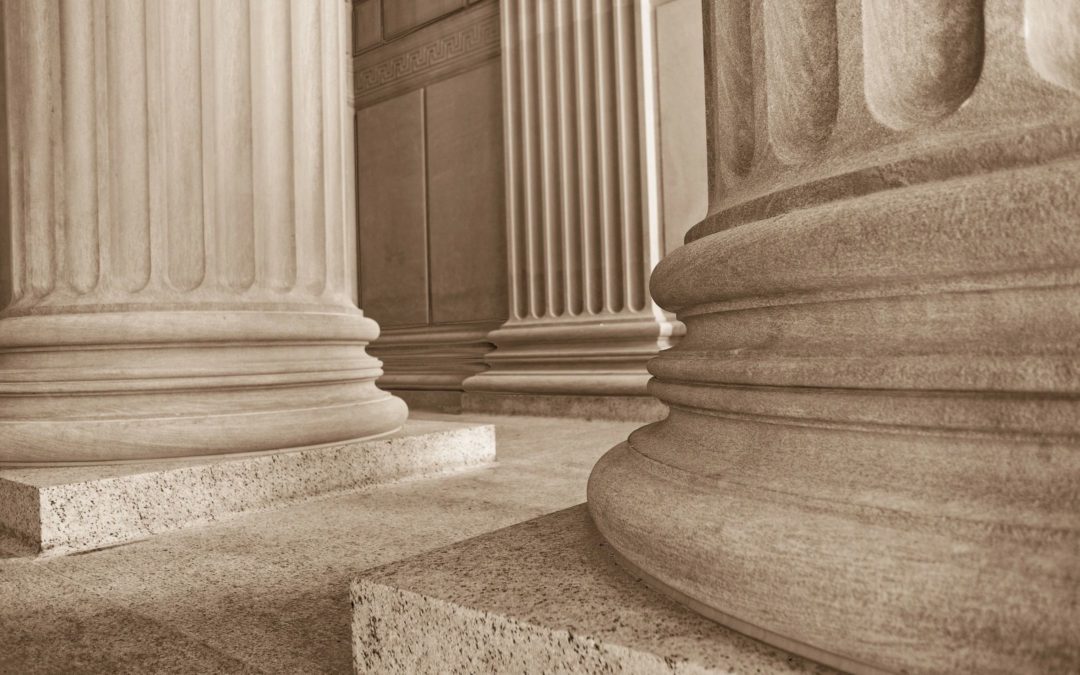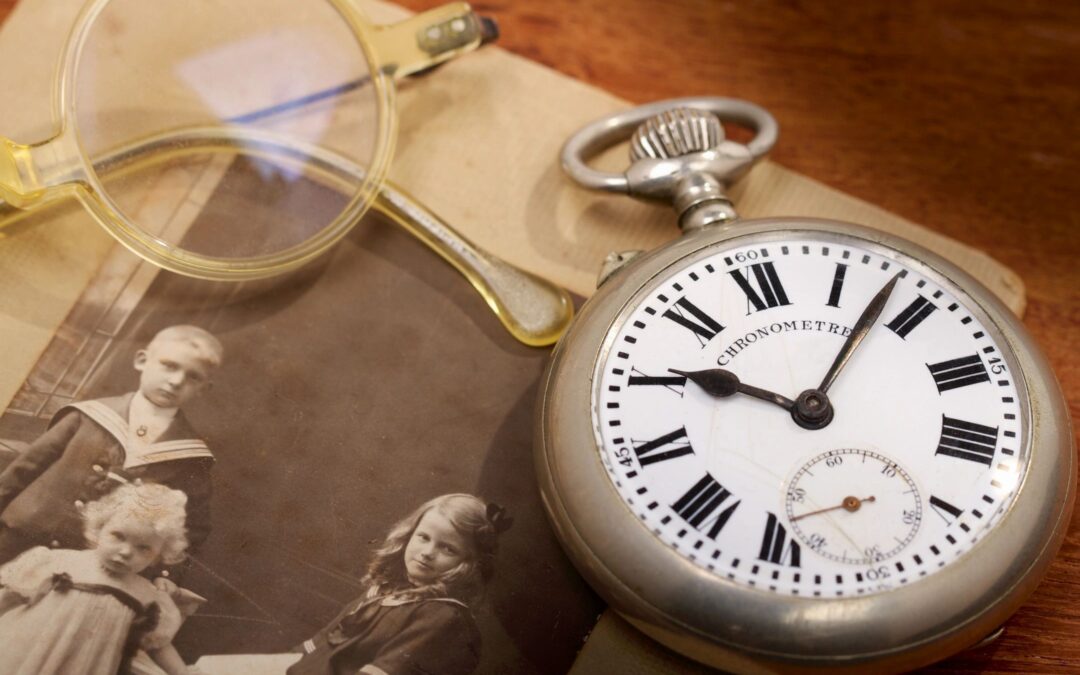
by Carl Kukkonen | Dec 29, 2020 | Real Party in Interest
By Chris Hodge* and Carl Kukkonen – In a recently designated precedential decision, the Patent Trials and Appeals Board (“PTAB”) considered challenges to claims covering autonomous robotic cleaning devices. SharkNinja Operating LLC v. iRobot Corp.,...

by Matthew Johnson | Dec 7, 2020 | Joinder, PTAB News, Real Party in Interest
On December 4th, the PTAB designated the following three cases precedential: RPX Corp. v. Applications in Internet Time, LLC, IPR2015-01750, Paper 128 (Oct. 2, 2020) (precedential) This decision on remand from the Federal Circuit holds that the petitioner was...

by Matthew Johnson | Oct 8, 2020 | Real Party in Interest
By Matt Johnson – Throughout the Patent Trial and Appeal Board’s (“PTAB”) history, patent owners have tried to leverage a petitioner’s alleged failure to name all real parties-in-interest (“RPIs”) as a way to achieve denial of an inter partes review (“IPR”)...

by Matthew Johnson | Jun 29, 2020 | Real Party in Interest
By Steph Brooker, Robby Breetz, Matt Johnson, and Tom Ritchie – Throughout the Patent Trial and Appeal Board’s (“PTAB”) history, patent owners have tried to leverage a petitioner’s alleged failure to name all real parties-in-interest (“RPIs”) as a way to achieve...

by Marc S. Blackman | Mar 21, 2020 | Real Party in Interest
By Marc Blackman – In three related final written decisions, the PTAB ruled that Bayer Healthcare (“Bayer”) was not a real party in interest (“RPI”) to IPR petitions filed by NOF Corporation, even though Bayer had a business relationship with NOF and stood to...

by Matthew Johnson | Mar 11, 2020 | Federal Circuit Appeal, Real Party in Interest, Time Limits
By Cathy Chin Eng and Matt Johnson – In two related decisions, the Federal Circuit held that the Patent Owner, Acoustic Technology, Inc. (“Acoustic”) waived its time-bar challenges under 35 U.S.C. § 315(b) (“Section 315(b)”) by failing to assert them in the IPR...







